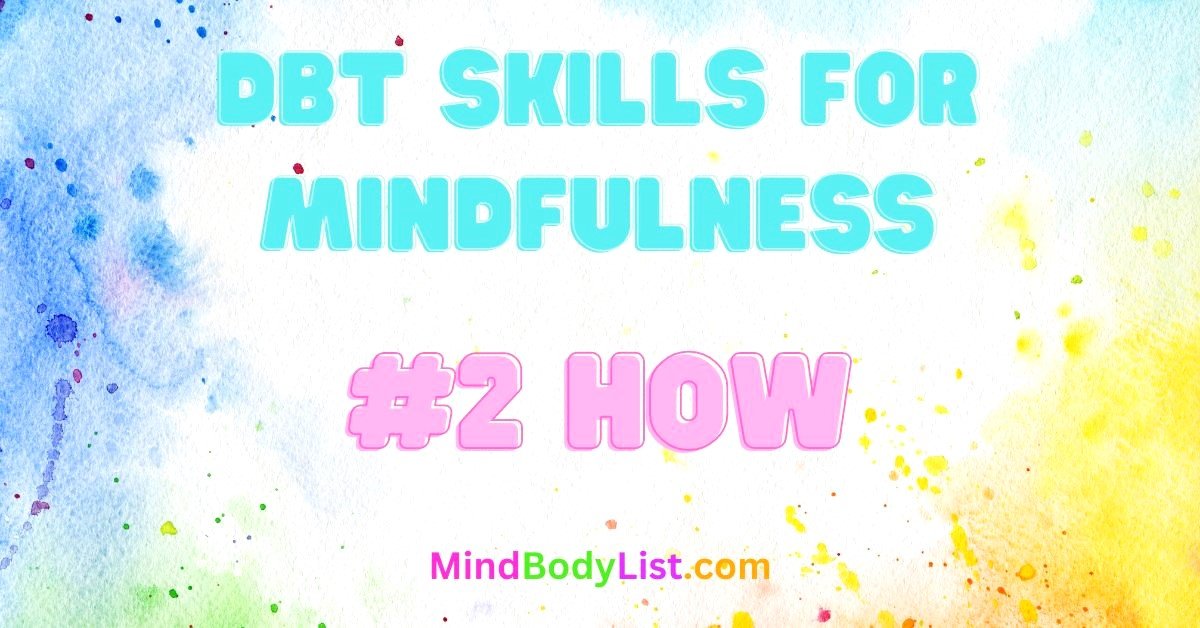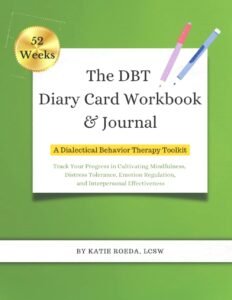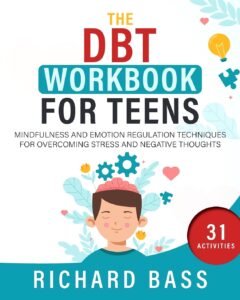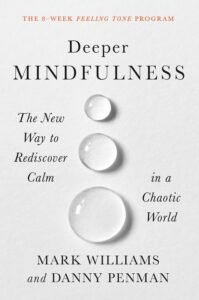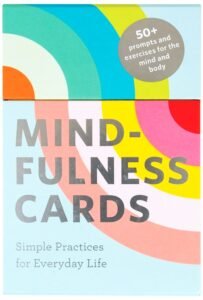A. What are the DBT (Dialectical Behavioral Therapy) Skills for Mindfulness – #2 HOW Skills?
“HOW” skills refer to HOW you observe, describe, or participate – nonjudgmentally, one-mindfully, and effectively. The “How” skills involves participating fully in the current moment with a non-judgmental attitude. This means being fully engaged in your current activity, without worrying about the past or future, or judging yourself or others. The “HOW” skills can be done together, whereas the “WHAT” skills should be practiced one at a time.
1. “H” – Mindful Hands:
a. Focus on what your hands on doing in the present moment, such as touching, holding, or feeling objects:
2. “O” – Observe:
a. Pay attention to your internal and external experiences, like thoughts, emotions, and sensations, without trying to change or judge them:
3. “W” – Willing Hands:
a. Be willing to participate in the present moment, engaging fully in whatever you are doing:
B. How do you practice the DBT (Dialectical Behavioral Therapy) Skills for Mindfulness – #2 HOW Skills?
1. Non-judgmentally:
See, but don’t evaluate as good or bad. Just the facts. Acknowledge your values, your wishes and your emotional reactions, but don’t judge them. When you find yourself judging, don’t judge your judging.
a. Count judgmental thoughts and statements:
- Whenever you find yourself having a judgmental thought or statement, mark it down on a piece of paper.
b. Replace judgmental thoughts and statements with nonjudgmenetal ones:
- Describe the facts of the event or situation – only what is observed with your senses.
- Describe the consequences of the event. Keep to the facts.
- Describe your own feelings in response to the facts (remember, emotions are not judgments).
c. Write out a non-judgmental description of an event that prompted an emotion:
- Stick to the facts that you’ve observed.
d. Imagine a person you’re angry with:
- Bring to mind what that person has done to cause so much anger and hurt.
- Try to become that person, seeing life from that person’s point of view.
- Imagine that person’s feelings, thoughts, fears, hopes and wishes.
- Imagine understanding that person.
2. One-Mindfully:
Be completely present to this one moment. Take hold of your breath if your mind strays. Focus your attention fully on each task.
a. Do one thing at a time:
i. When you are eating, eat.
ii. When you are walking, walk.
iii. When you are planning, plan.
3. Effectively:
Be mindful of your goals in the situation, and do what is necessary to achieve them. Focus on what works. Do what is needed for the situation you are in, not the situation you wish you were in.

